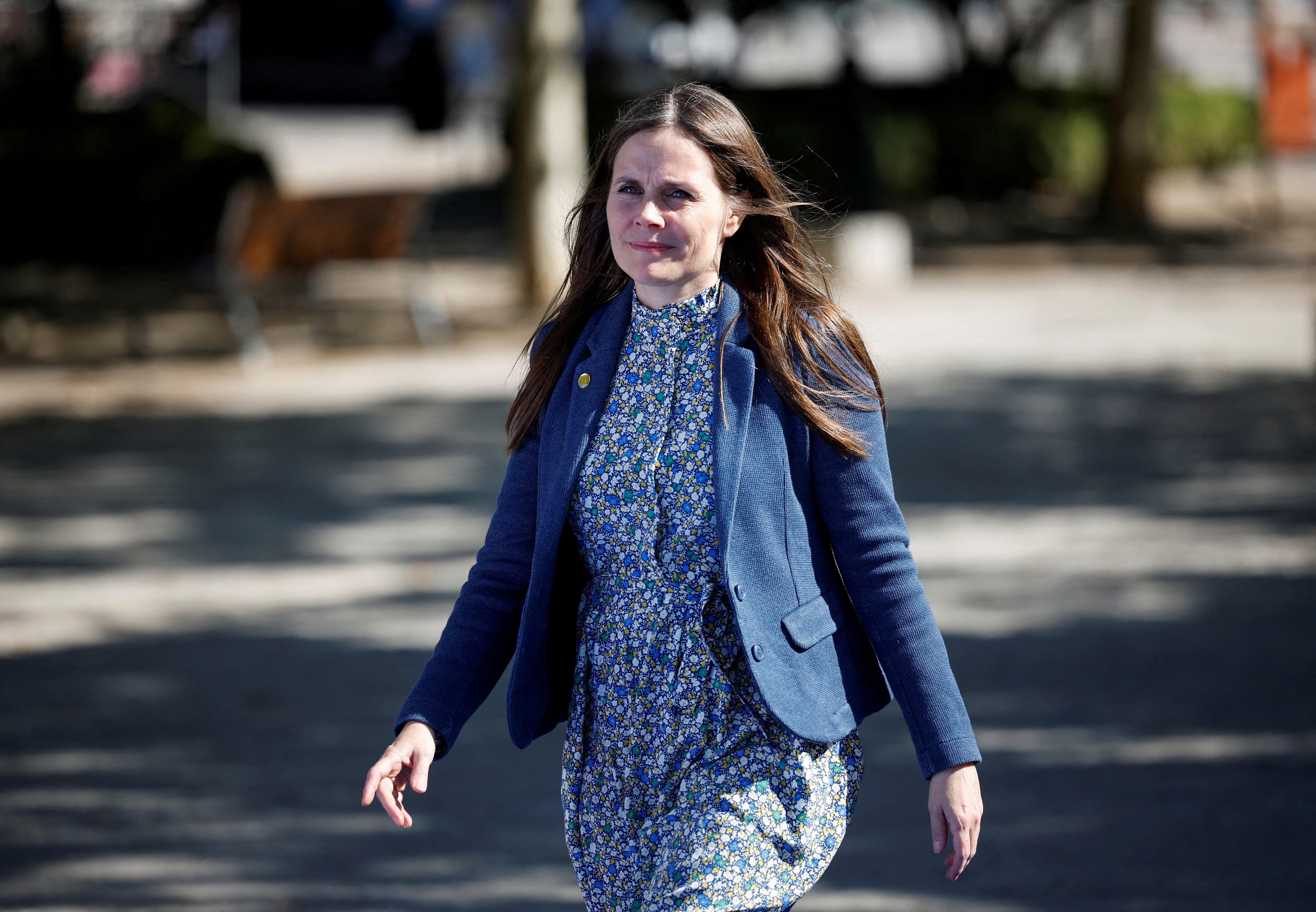Signs of Government Change in Iceland as Cost of Living Crisis Influences Elections
In today’s snap elections in Iceland, voters are expected to potentially oust the ruling coalition as they seek a new government to address the ongoing cost of living crisis. However, severe snowstorms in certain areas have caused disruptions in the voting process, potentially delaying vote counting.
Signs of Government Change in Iceland as Cost of Living Crisis Influences Elections
Signs of Government Change in Iceland as Cost of Living Crisis Influences Elections
Copenhagen: In today’s snap elections in Iceland, voters are expected to potentially oust the ruling coalition as they seek a new government to address the ongoing cost of living crisis. However, severe snowstorms in certain areas have caused disruptions in the voting process, potentially delaying vote counting.
Iceland, with a population of 384,000, has enjoyed political stability since 2017 and is known as one of Europe’s wealthiest nations. Its economy heavily relies on tourism, fisheries, and aluminum production powered by cheap geothermal and hydroelectric energy.
In this election, concerns over the rising cost of living have taken center stage, and the issue of joining the European Union has resurfaced in discussions. Together, the Social Democratic Party and the Free Market Reform Party are projected to secure around 40% of the votes, increasing the likelihood of a government change.
Recently, Iceland’s economic situation has faced challenges, including rising living costs, persistent inflation, and high food prices. These issues have significantly influenced the electoral atmosphere, fueling voter discontent against the ruling coalition.










